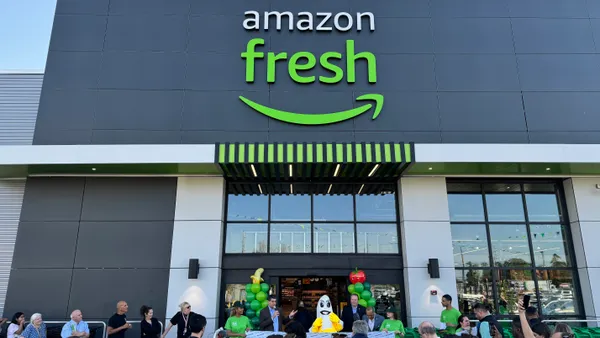This is a pivotal moment for HR and business leaders. While organizations grapple with unprecedented workplace challenges, those that successfully navigate the evolving landscape have an opportunity to create stronger, more resilient workplaces. But to get there, they will need to move beyond traditional approaches to talent management and work to become truly integrated with the modern workforce's needs.
A survey by The Predictive Index of over 200 HR and business leaders reveals that the shift from conventional HR practices to strategic workforce integration is more critical – and more challenging – than ever before. The research identifies five fundamental forces reshaping the workplace:
Talent shortages in an AI age
Despite widespread automation, the global talent shortage could result in $85 trillion in lost revenue by 2030. While 75% of leaders believe technology will help bridge this gap, only 13% are conducting skills gap analyses and 29% are providing AI training. This disconnect between technological adoption and human capital development presents both a challenge and an opportunity.
The technology integration imperative
The acceleration of AI adoption has created a stark divide in HR leadership, with 51% pushing for policy evolution and 49% maintaining current practices are sufficient. However, 88% agree on one critical point: security measures must be strengthened as technology advances. This consensus signals a growing recognition that technology integration requires a comprehensive strategy beyond simple adoption.
Generational convergence
With four-plus generations now sharing the workplace, 61% of leaders recognize value alignment as crucial to organizational health. This multi-generational workforce demands a fundamental rethinking of workplace culture, communication and collaboration strategies.
The corporate culture revolution
Traditional workplace dynamics are undergoing seismic shifts. An overwhelming 91% of respondents identify workplace flexibility as essential to both employee satisfaction and organizational health. This isn't just about remote work – it's about reimagining the entire employee-employer relationship.
Stakeholder capitalism's rise
Perhaps most tellingly, 97% of leaders now view workplace safety – both physical and psychological – as a crucial predictor of organizational health. This represents a fundamental shift from shareholder-first mentality to a more holistic view of corporate success.
The implications are clear: organizations that cling to traditional HR practices will struggle to attract and retain talent, while those that embrace these changes will create more resilient and adaptive workplace cultures. As we move toward 2030, the most successful organizations will be those that recognize these aren't merely trends but fundamental shifts in how we work.
This strategic transformation from traditional HR to workforce integration is a critical change of focus and a much harder ambition to realize. But organizations must rise to the challenge. The pandemic has accelerated fundamental changes in workplace expectations and behaviors. The pace of change might fluctuate, but the workplace won't be going back to how it used to be.
Future-proof your HR practices with PI’s comprehensive guide.










